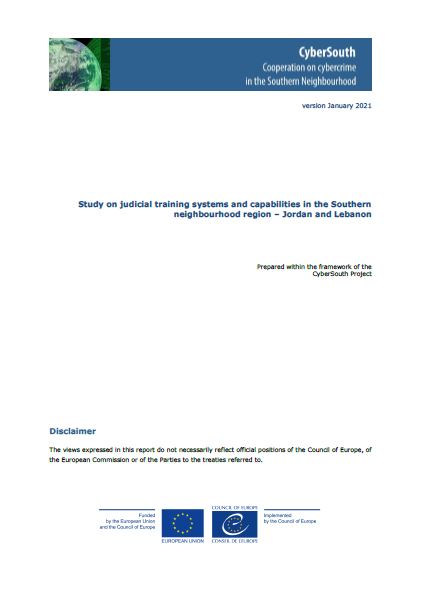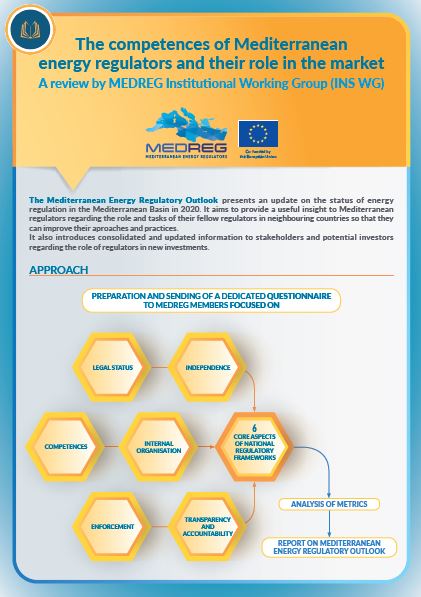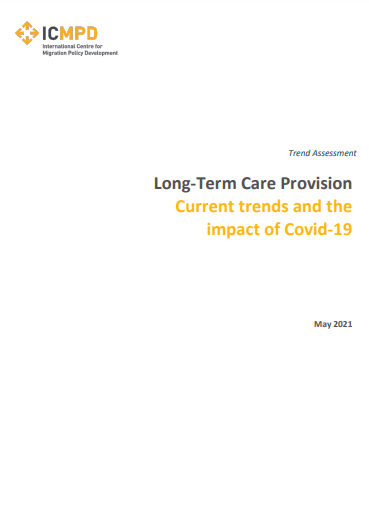EMNES Policy Paper 003 : Policies for labour matching within and between countries in the Mediterranean region

The objective of this policy paper is to provide an overview of the current state of affairs in Algeria, Egypt, Jordan, Lebanon, Morocco and Tunisia regarding the formulation, implementation and monitoring of labour matching policies.
To this purpose, a definition of labour matching policies encompassing both policies aimed at matching skills and jobs within countries – labour market policies – and between countries – labour migration policies – and a novel analytical framework for their assessment were proposed and used, to conduct interviews with key informants within institutions responsible for labour matching in the six countries considered.
The survey results attest that the latter made substantial efforts to develop active labour market policies in recent years but, for the most part, these are not backed with an adequate allocation of funds, whilst well-functioning labour market information systems remain to be developed. The same cannot be said of labour migration policies, which are basically inexistent, except in those countries having signed Mobility Partnerships with the European Union – Jordan, Morocco and Tunisia – where national strategies for migration were developed and some migrant support measures implemented, albeit largely under the impulse and with the support of international donors.
The paper concludes with the formulation of a policy road map for the development of a Euro-Mediterranean platform for the matching of skills and jobs between countries of origin and destination, and a supporting Euro-Mediterranean labour market information system.
Latest Publications
































 Syria
Syria 



